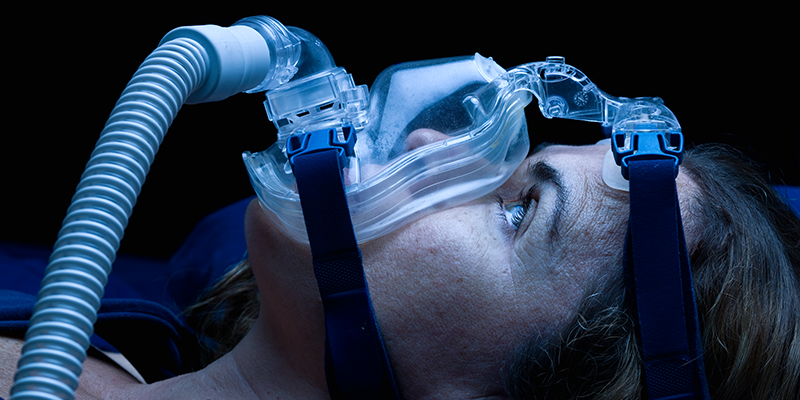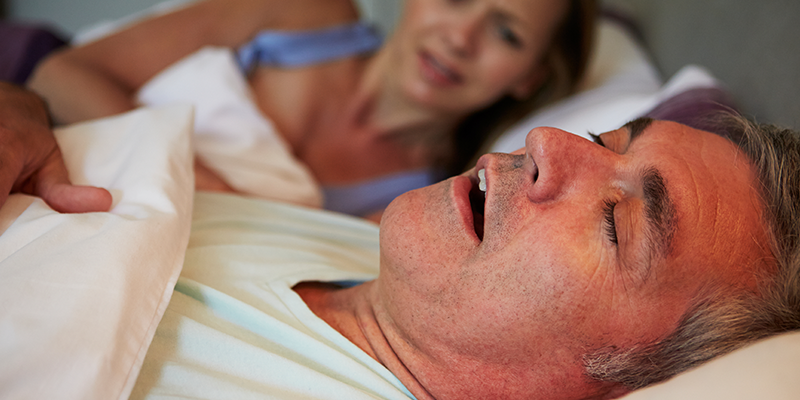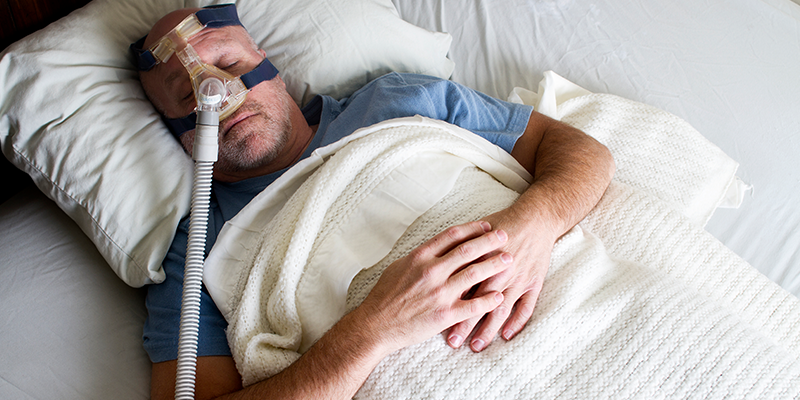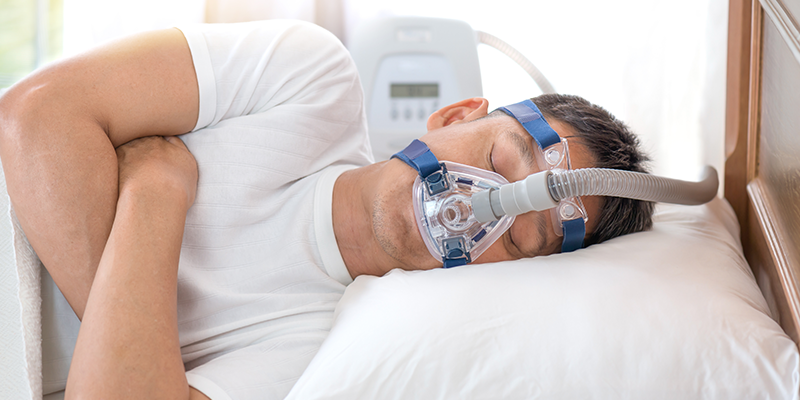
At CPAP Central, we know how important treating sleep apnea is to getting a good night’s rest. A study done by the National Sleep Foundation also found a number of other things that tend to interrupt people’s sleep, including mattresses, pillows, and bedroom temperature. Below are the top four reasons why Americans can’t sleep at night:
Bedding
Among the top ranking elements were mattresses, pillows and sheets, revealing that bedding is paramount when it comes to your sleep experience.
Mattress – 93 percent
Pillows – 70 percent
Sheets – 53 percent
Bedroom
Coming in a close second was the bedroom space. Other bedroom space elements receiving high rankings were a quiet room, a fresh room, and a clean room.
Bedroom Temperature – 69 percent
Bedroom Darkness – 57 percent
Bed Companions
Bed companions also have a huge impact on how well you sleep. This study revealed issues with snoring partners, kids in the bed, pets in the bed, and partners who move too much.
Partner Snoring – 41 percent
Children Sharing Your Bed – 28 percent
Pets Sharing Your Bed – 27 percent
Partner Movement – 27 percent
Internal
The final major issue with sleep experience was internal. The respondents revealed that allergies play a large role in how well they sleep.
Allergies – 37 percent
Do you deal with any of these same nighttime issues at your house? Fortunately, many of the issues revealed can be solved by purchasing better bedding, changing the temperature in your house, or changing sleeping habits with your children, pets, or partner.
If you are part of the 41 percent losing sleep because of a snoring partner, get them to their doctor to see if they suffer from Sleep Apnea. Should the diagnosis come back positive, CPAP Central is here to match you up with the right CPAP equipment right away.



